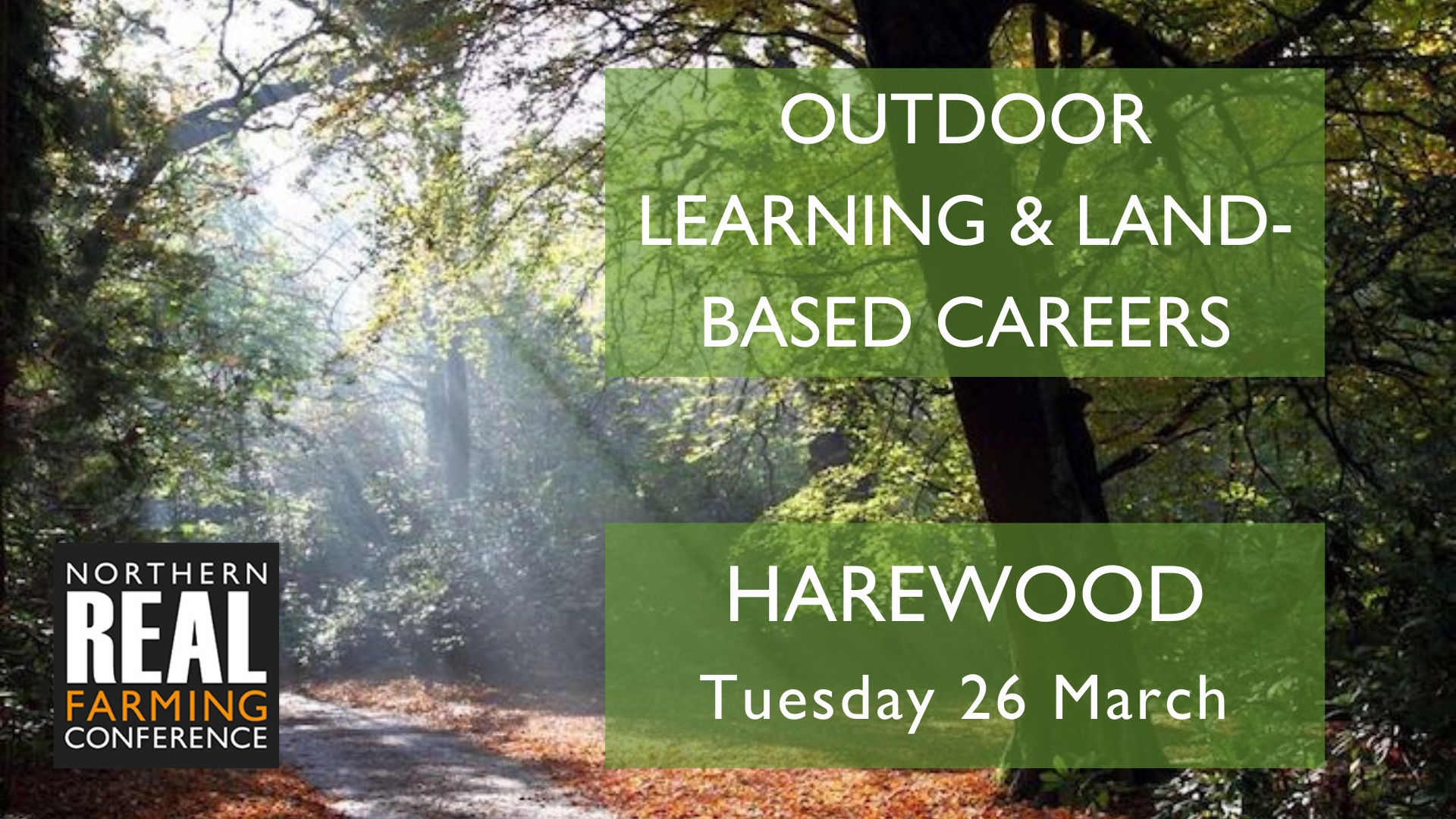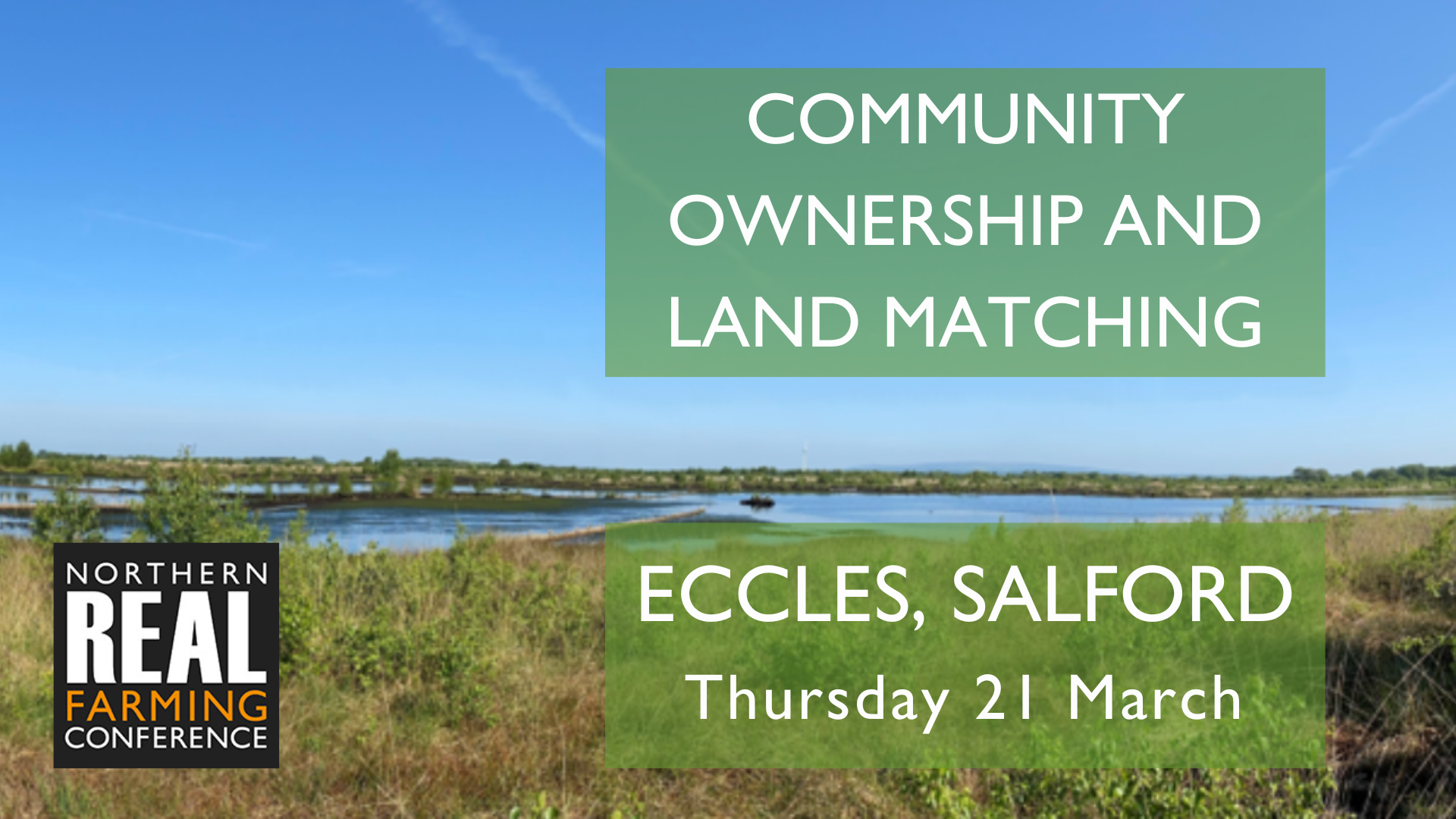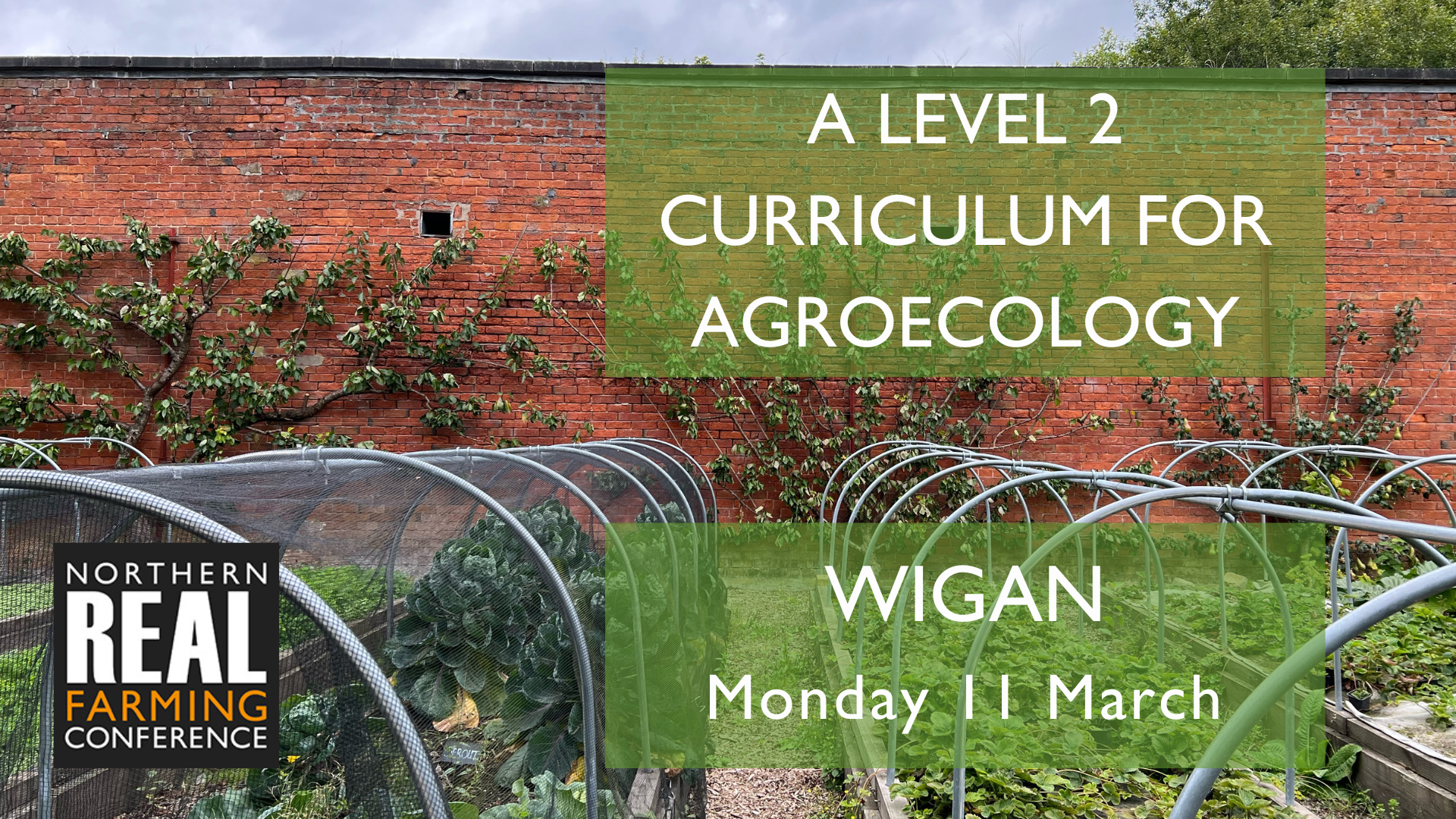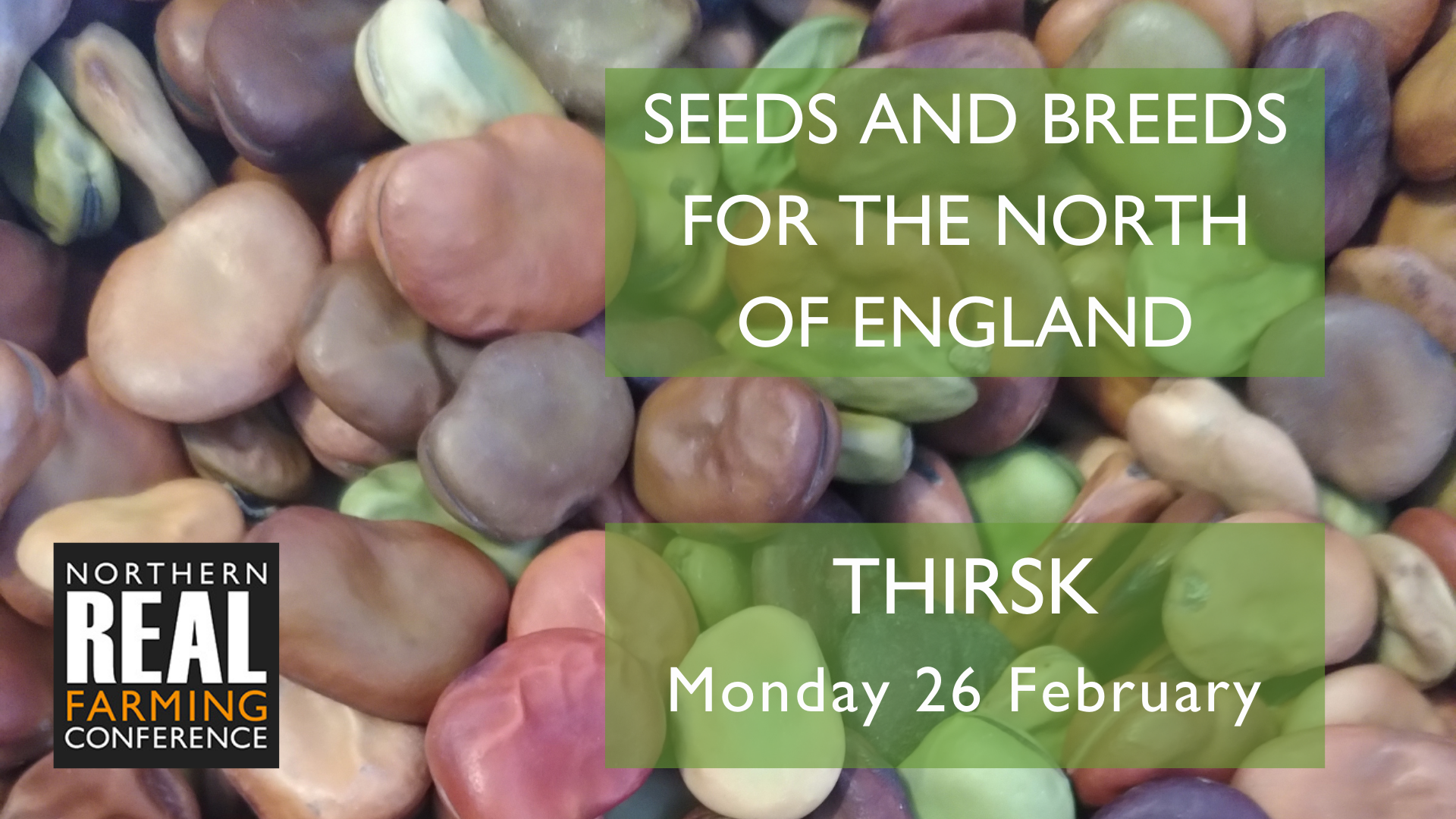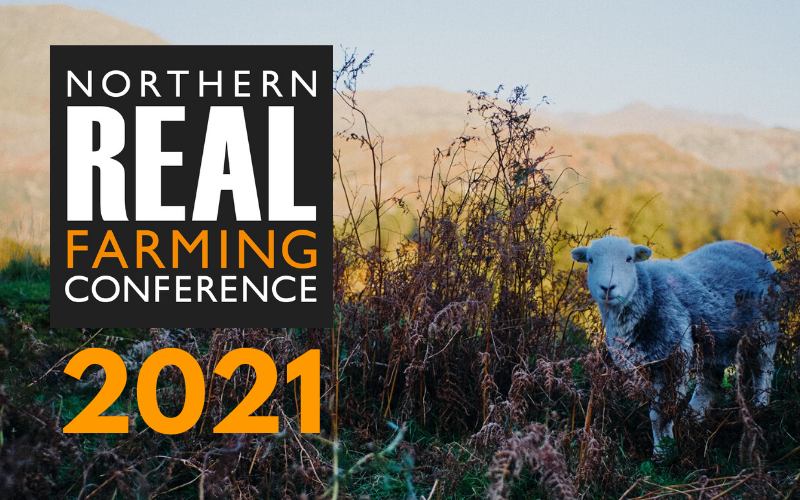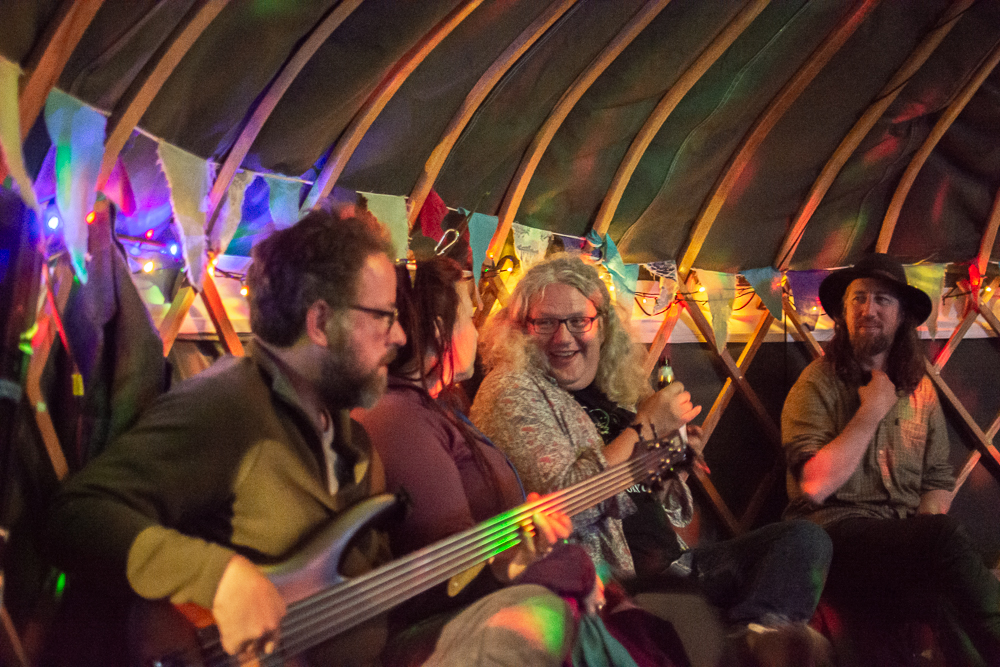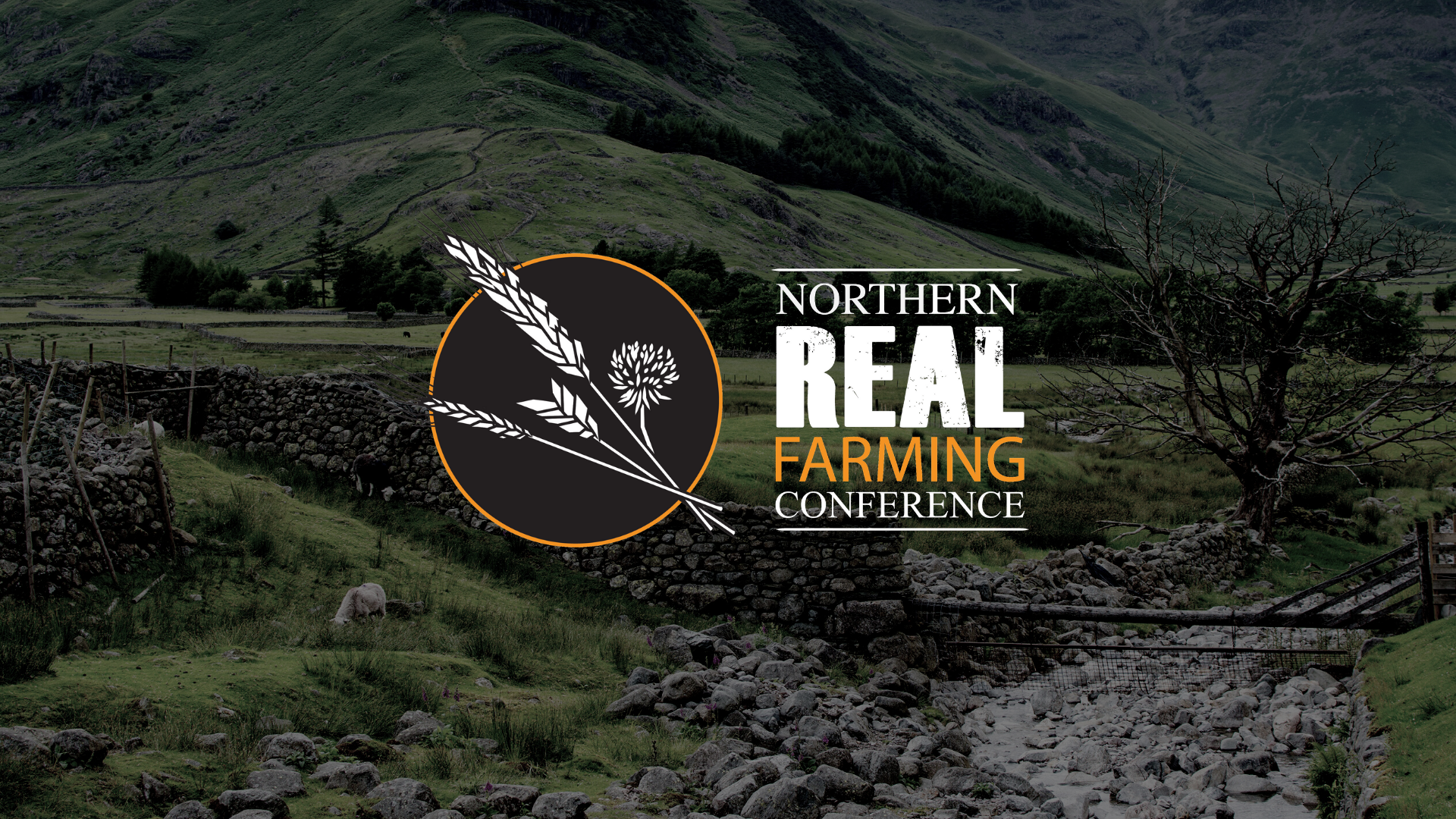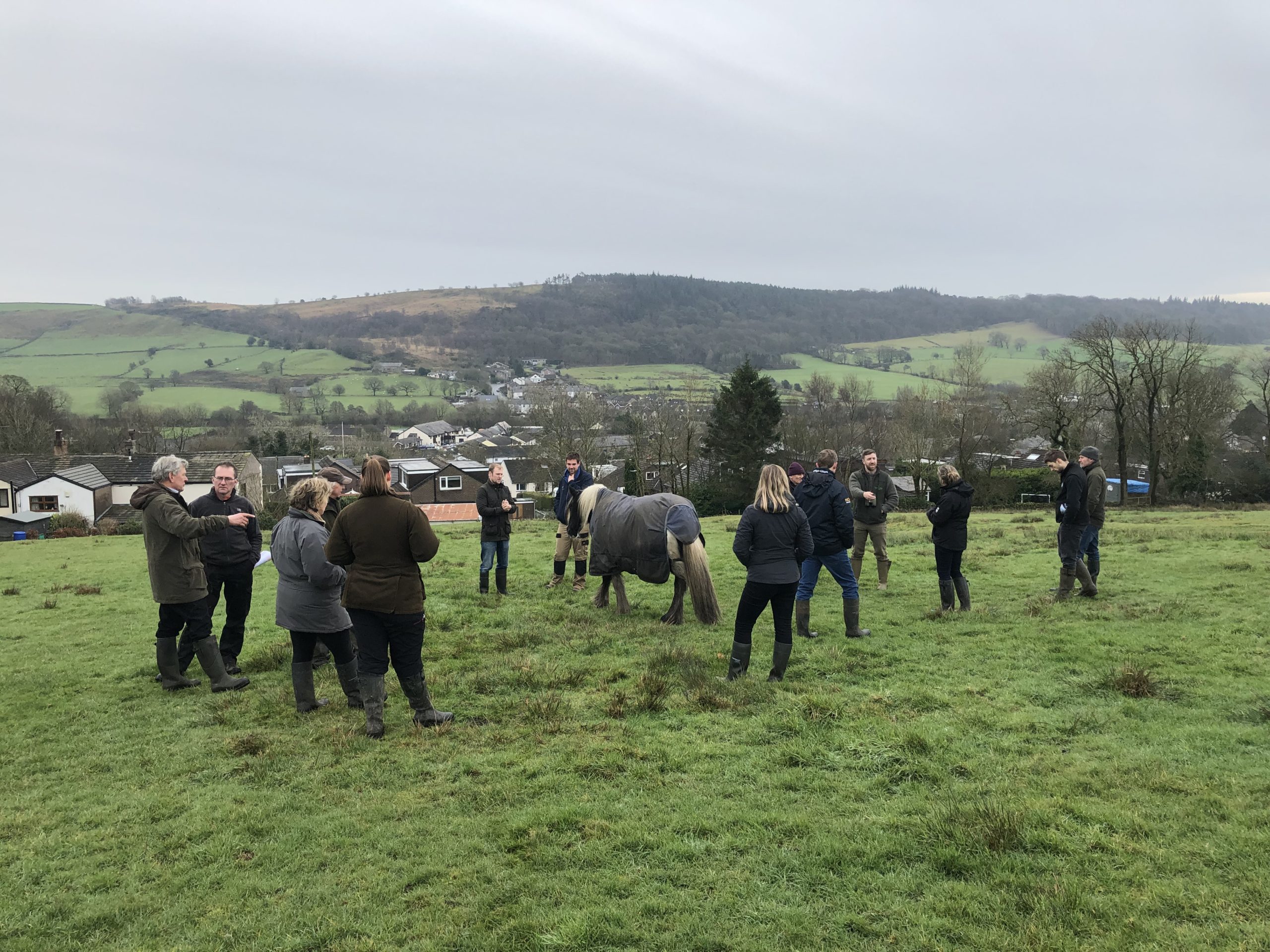Harewood offers varied outdoor learning opportunities, such as school visits, apprenticeships, work placements and volunteering. They have developed and delivered a programme for school visits under a Countryside Stewardship agreement, which welcomed over 400 children to the Estate in the first six months. These sessions cover a range of topics such as biodiversity, renewable energy, regenerative approaches to farming, conservation and more.
During a tour of the Estate the Harewood team will share their learnings, including how to approach schools, developing relevant curriculum and the infrastructure needed for successful sessions.
The tour will be followed by lunch, featuring produce from Harewood, and then a discussion session to explore:
Engaging with schools and providing relevant learning at different levels
How can we create more opportunities for people to move into land-based jobs?
Follow the link below to join us:
https://www.tickettailor.com/events/northernrealfarmingconference/1138546
10am – 3pm (lunch and refreshments provided)
The Hovels, Harewood Estate, LS17 9LF, near Leeds, Tuesday 26 March 2024.

